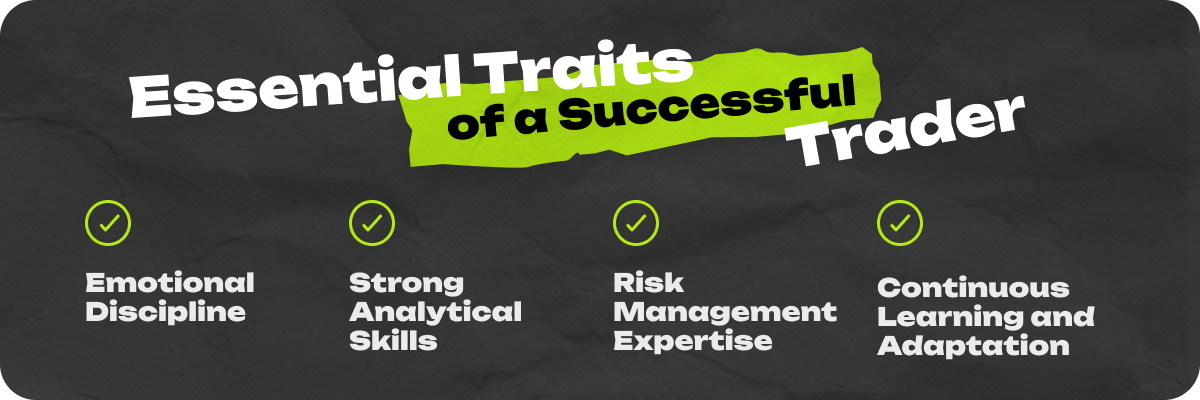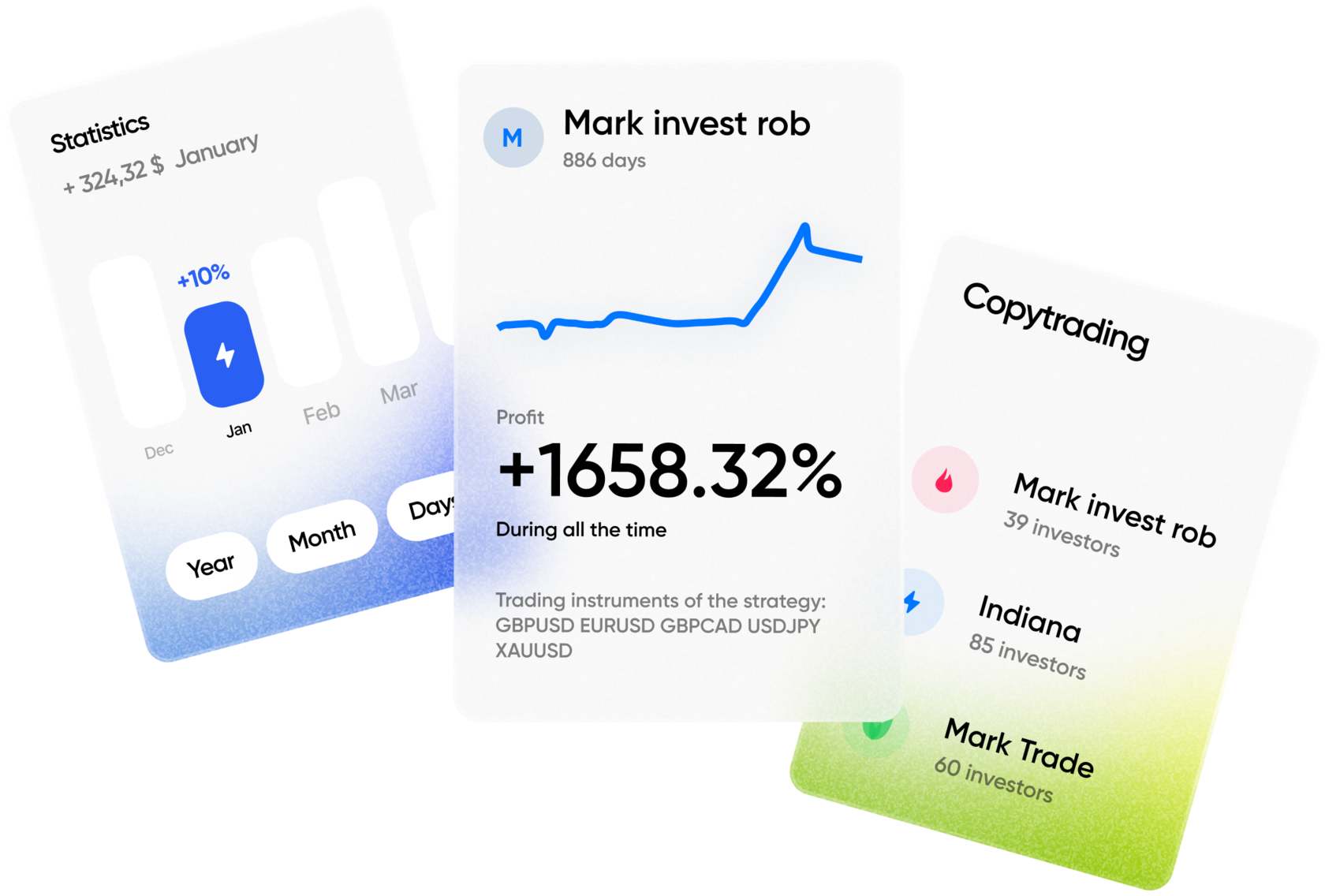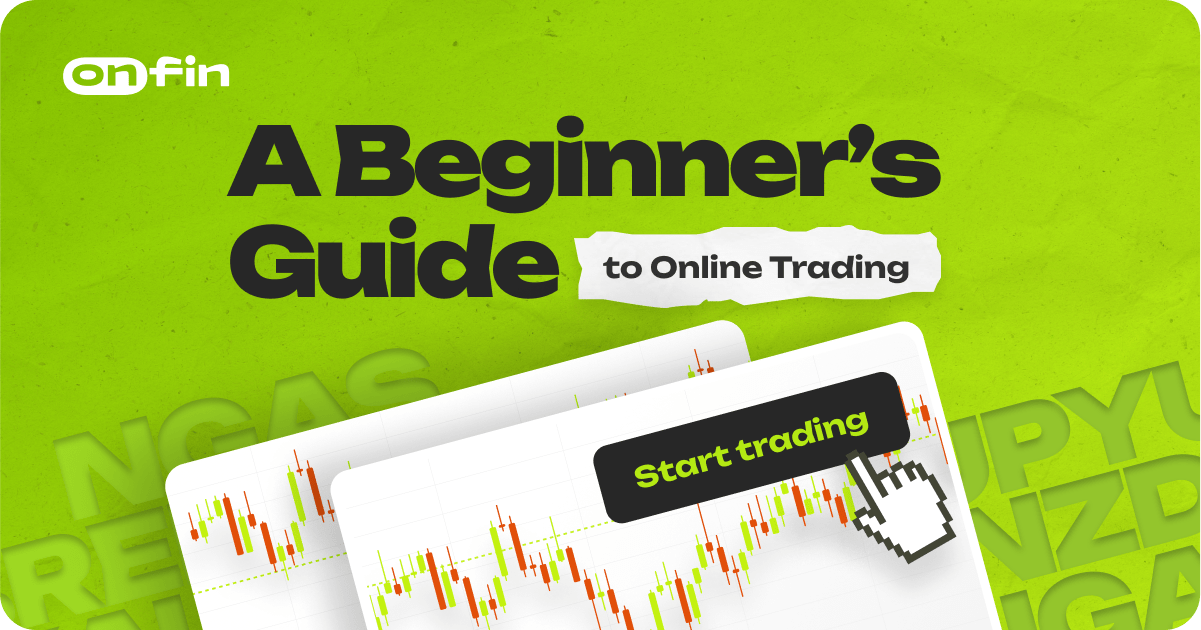The rise of technology has significantly changed how people engage in financial markets trading. Online platforms now allow traders to buy and sell assets from anywhere, eliminating the need for traditional brokers. This modern approach provides greater accessibility, lower costs, and more control over investments.
Whether you are interested in stock market investing, Forex trading platforms, or commodities, online trading offers numerous opportunities. But how does it work, and what should beginners know before diving in? Let’s explore the key aspects.
Understanding Online Trading
Online trading refers to the electronic buying and selling of assets such as stocks, currencies, commodities, and indices through digital platforms. Unlike traditional methods that required broker intervention, traders can now place orders independently using real-time market data and trading platform features.
Modern brokerage accounts provide traders with essential tools like market analysis, automated strategies, and risk management options. With just a few clicks, investors can monitor trends, analyze price fluctuations, and execute trades efficiently.
How Online Trading Works
The process of online trading is straightforward:
- Entering a Market. A trader selects an asset and places a buy (long) or sell (short) order through their trading platform.
- Matching an Order. The system finds a matching counterparty (a buyer for a sell order or a seller for a buy order).
- Execution and Reporting. Once matched, the trade is executed, and relevant details are reported to financial authorities.
- Monitoring and Adjustments. Traders track their investment portfolio and modify their strategies based on market conditions.
To get started, traders need to carefully consider online broker selection, understand market behavior, and apply effective trading strategies for beginners.
Crucial Pros of Online Trading
1. Lower Costs and Faster Execution
Traditional brokerage firms charge significant fees for processing trades. With online platforms, transaction costs are reduced, and orders are executed almost instantly. Additionally, many platforms offer commission-free trades for specific assets.
2. No Middlemen Required
Unlike conventional trading, where investors relied on brokers to execute trades, online trading removes the need for intermediaries. This direct access to the market ensures greater efficiency, transparency, and cost savings.
3. Complete Control Over Funds
Online trading empowers investors to make their own decisions. They can react to market movements in real time, develop personalized trading strategies, and diversify their portfolios without external influence.
4. Access to Real-Time Insights and Analysis
Successful trading relies on timely information. Online platforms provide traders with technical indicators, market news, historical data, and price charts to make well-informed decisions. This access to real-time market data enhances strategy development and risk management.

Essential Traits of a Successful Trader
While online trading provides flexibility and opportunities, success depends on a trader’s mindset, knowledge, and discipline.
Here are some key attributes every trader should develop:
- Emotional Discipline. The financial markets can be unpredictable. Traders who react emotionally to losses or rush into decisions risk making poor choices. Staying calm and sticking to a well-planned strategy is crucial.
- Strong Analytical Skills. A good trader relies on data, not speculation. Understanding technical indicators, reading charts, and conducting thorough market analysis can significantly improve decision-making.
- Risk Management Expertise. Profitable trading isn’t just about making gains—it’s about protecting capital. Setting stop-loss orders, managing leverage, and diversifying investments help minimize potential losses.
- Continuous Learning and Adaptation. Markets evolve, and so should traders. Keeping up with financial news, economic trends, and new trading strategies is essential for long-term success.
What Happens If These Traits Are Ignored?
Traders who lack discipline may make impulsive trades driven by emotions, leading to significant financial losses. Those who ignore market analysis may enter trades based on speculation rather than solid data, reducing their chances of success.
A lack of risk management can result in devastating losses, wiping out investment accounts quickly. Finally, failing to adapt to market changes can leave traders unprepared for economic shifts, ultimately leading to consistent underperformance.
Understanding the Risks of Online Trading
Despite its advantages, online trading carries inherent risks. Without proper knowledge and strategy, traders can face substantial losses.
1. Market Volatility
Financial markets are highly unpredictable. Prices fluctuate rapidly due to economic events, geopolitical tensions, and unexpected news. Traders who do not anticipate these changes may suffer significant losses.
2. Leverage Can Magnify Losses
Many platforms offer leverage and margin trading, allowing traders to control large positions with minimal capital. While this can increase potential profits, it also amplifies risks. If the market moves against a leveraged trade, losses can exceed the initial investment.
3. Hidden Trading Fees
Although online trading is often cheaper than traditional methods, fees still exist. Trading fees, withdrawal charges, and overnight financing costs can eat into profits if not carefully monitored.
4. Security Risks and Scams
The online trading world is not free from fraud. Unregulated brokers and scams pose a significant threat to uninformed traders. Choosing a reputable online broker with strong regulatory oversight is crucial to protecting investments.
Consequences of Ignoring These Risks
Traders who overlook market volatility may experience unexpected losses that could have been avoided with proper risk assessment. Misusing leverage and margin can lead to account liquidation, leaving traders in debt.
Failing to account for trading fees may reduce overall profitability, while engaging with unreliable brokers can result in loss of funds due to scams or poor platform performance.
Final Thoughts
Online trading offers unparalleled convenience, lower costs, and direct market access, making it an attractive option for both beginners and experienced traders. However, success is not guaranteed. It requires knowledge, patience, and careful risk management.
By using real-time market data, leveraging technical indicators, and developing sound trading strategies, investors can maximize their chances of success while minimizing risks. Whether engaging in Forex trading, stocks, or commodities, a disciplined and informed approach is the key to profitable online trading.
FAQ
1. Is online trading suitable for beginners?
Yes, but beginners should start with a demo account to practice trading without risking real money. It’s essential to learn about trading strategies, market analysis, and risk management before investing.
2. What is the best asset to trade as a beginner?
Beginners often start with stocks or forex due to their liquidity and availability of educational resources. However, the choice depends on individual goals and risk tolerance.
3. How much money do I need to start online trading?
The required capital varies by broker and asset type. Some platforms allow traders to start with as little as $10, while others recommend at least $500–$1,000 for better flexibility.
4. How can I minimize risks in online trading?
Risk can be managed by using stop-loss orders, position sizing, diversification, and avoiding excessive leverage. Educating yourself and staying updated on market trends is also crucial.
5. Are there any hidden fees in online trading?
Some platforms charge trading fees, spreads, overnight swap fees, and withdrawal fees. Always check the broker’s fee structure before opening an account.
6. How do I choose a reliable online broker?
Look for a broker with strong regulation, good user reviews, low fees, a user-friendly interface, and a wide range of trading tools. Avoid unregulated or offshore brokers.







